What’s in a name?
Last week, as two storms hit he UK, I came across an article from The Independent that caught my attention. The headline read:
“The sexist reason you’re not as scared as Storm Eunice as you should be”
It reported that researchers analyzed six decades of US-based hurricanes, and found that feminine-named hurricanes caused significantly more deaths than masculine-named hurricanes.
The researchers put this down to a key element – gender-based expectations.
They argued that when a hurricane has a feminine name, people don’t take it as seriously and ignore warnings, leading to more deaths.
But is that right?
Would people in the UK worry more about Storm Dudley than Storm Eunice?
Neither name was particularly intimidating, if you ask me, but that didn’t stop them from causing damage, including Eunice ripping a hole in London’s O2 Arena.
Was this research true?
I was curious…
But before I dug into the research, I wanted to know the history of hurricane and storm names.
It turns out naming hurricanes and storms is actually a creative way to solve a problem.
According to the National Oceanic and Atmospheric Administration, using short, distinctive names has been easier, faster, and more efficient than using cumbersome latitude-longitude identification methods.
And, as multiple tropical storms/hurricanes can hit at the same time, giving them unique names avoids confusion.
And hurricanes have been named for centuries, including in the West Indies when they were named after saints, including Santa Ana (1825) and San Felipe (1876, and again in 1928).
On the other side of the globe in Australia, an English-born meteorologist named Clement Wragge began giving names to cyclones in the late 1890s.
He followed the Greek alphabet, and took names from mythology, politicians, and women.
But the practice of naming cyclones and storms in the Pacific seemed to stop after Wragge retired in 1908, and didn’t become a formal practice in Australia until 1964 (starting with Tropical Cyclone Bessie).
And in the US, meteorologists were naming hurricanes after women during World War II. Accounts differ if the meteorologists were naming hurricanes after their sweethearts (or former sweethearts). This was followed by the use of the phonetic alphabet (Able, Baker, Charlie) until 1953.
That’s when the US National Weather Service began using women’s names, mimicking the habit of naval meteorologists, who named the storms after women.
When the official system was introduced, only two names on the approved list were picked with real people in mind, according to Ivan Ray Tannehill, who was the US Weather Bureau chief at the time.
One was a woman in one of the bureau’s offices named ‘Orpha’ – and the other was ‘Wallis’, after Wallis Simpson (known for her scandalous marriage to King Edward VIII, who later abdicated the throne).
For more than two decades, weathermen would make jokes about feminine storms, using sexist cliches, suggesting they were ‘temperamental’ and ‘flirting’ with islands and coastlines.
But a lot of women didn’t appreciate their names being associated with disaster.

In 1969, the National Organization for Women passed a motion at their national conference to address this. They sent a letter to the National Hurricane Center in Miami asking them to stop using the names of women as names for hurricanes.
There was a suggestion that male names could be applied to hurricanes as well (and humorous suggestions of naming hurricanes after US politicians).
But the idea of including male names met resistance.
Some argued that male names wouldn’t be as feared – and people wouldn’t take the storms seriously ‘if names did not evoke images of female fury.’
On April 23, 1972, The New York Times ran an article with the headline:
“Weather Men Insist Storms are Feminine”
It revealed that hurricanes would continue to have feminine names, and the next ones would be named Betty, Carrie, Dawn, Edna, Felice, Gerda, Harriet, Ilena, Janc, Hare Lucille, Mae and Nadine.
As the debate continued in later years, an editorial in The Houston Post in 1977 questioned if ‘Hurricane Jake’ or ‘Tropical Storm Al’ would ‘make us run for cover quite as fast.’
But the women kept fighting – and in May 1978, they succeeded, with The Commerce Department announcing that hurricanes would no longer be named exclusively for women.
But attitudes took longer to change.
When Hurricane Bob hit in 1979, Houston Chronicle columnist Joe Doggett referred to the name as ‘utterly ridiculous.’
“I am insulted and offended by this sell-out labeling of storms,” he wrote.
“The sea is a ‘she’.”
Even in 1986, an editorial in The Washington Post lamented that:
“Somehow many of the male names don’t convey either the romance or the urgency that circumstances might warrant.”
But despite the naysayers, hurricanes continued to be named after men and women.
So, with that mystery solved, let’s dig into the research about those deadly feminine-named hurricanes in the US…
If US hurricanes from 1953-1979 were only named after women, that might explain why the researchers found more fatalities from feminine-named hurricanes.
And also, if you consider our communication methods from the 1950s to today, it is likely that it was harder to get the word out during the era when hurricanes only had feminine names.
That could account for more fatalities as well.
Those two points had me questioning the research findings.
So, I did what any curious person would do – I looked up the 2014 research paper.
And sure enough, the authors’ conclusions did include US hurricane data from 1950-2012.
Their analysis included 92 hurricanes:
38 hurricanes from the feminine-only era (1950-1979) and
54 after 1979 (when hurricane names alternated between feminine and masculine names).
I also found it interesting that they drew conclusions after asking participants if they would follow a voluntary evacuation order for Hurricane Danny vs Hurricane Kate.
Surely gender bias isn’t the only explanation for a person’s choice to follow a voluntary evacuation order?
I would think risk-tolerance, as well as experience with hurricanes would factor in – and possibly weigh more heavily than a hurricane’s name.
But hey, I’m not a scientist, and I don’t conduct scientific experiments or write research papers for a living.
So I did a bit more digging… and found I wasn’t the only one wondering about the research’s conclusions.
Gary Smith, an economics professor, also analyzed the research and its findings.
Smith noted the research excluded fatalities outside the United States (including 1980’s Hurricane Allen that resulted in 269 deaths) as well as hurricanes that did not make landfall (which can – and do – cause fatalities).
You can see his findings in this research paper from 2016, and in this article.
So, to answer the question:
Do people take hurricanes more seriously if the hurricanes have feminine or masculine names?
It depends who you ask.
But a hurricane (or storm/cyclone) only gets a name if it is expected to cause significant damage.
So the message to take away from this story is this:
If a storm, hurricane, or cyclone has been given a name, it’s earned it.
Take it seriously and protect yourself.
And also — be careful about accepting the findings of ‘research.’
If you see something that doesn’t sound right, follow your curiosity.
See where it leads you!
Ed Note: The Independent has updated their original story, citing Gary Smith’s 2016 research.
FUN FACT: There won’t be another Hurricane Katrina.
The World Meteorological Organization maintains and updates the lists of tropical storm names. Six lists are used in rotation and recycled every six years. But if a storm is so deadly or costly, the name is removed from the list. You can see the retired names here.
BONUS FUN FACT: The UK only began naming storms in 2014. Storm names alternate between feminine and masculine names (just like the US process), and are taken from a list in alphabetical order. Apparently no storms begin with the letters Q,U,X,Y and Z – as it’s too difficult finding names that begin with those letters.
And finally, parking the debate about hurricane names and sexism, this tweet *from a UK government department* last week IS sexist (and poorly written):
Recent Work and Writing
Seven Communication Lessons from Legendary Coach Phil Jackson — As we get closer to the wonderful time of year that is March Madness, here’s a little communication inspiration from the NBA coach Phil Jackson.
Janet Jackson Is Not The Woman Who Flashed Her Boob at the Super Bowl — Here’s what I want people to know about her.
Why is Communication So Important? — I joined Jeff Hunt on the Human Capital Goal Span podcast to talk about how communication can help you increase sales, build trust, solve problems, and improve performance.
Racist, Sexist, or Just Clueless? — An exec from BNP Paribas was accused of bullying and making racist remarks to his colleagues. But his apology may make things worse.
How Can I Help?
How much does communication matter?
Well, I used to like to joke that I was “saving lives” working in communication. But with Covid and hurricane warnings, maybe it’s not such a hyperbolic statement.
And so many companies could reap so benefits – from performance and culture to retention and engagement – by improving their communication.
If you want to improve your communication (and get all the good things that come with that), I’m your gal.
I help clients with communication strategy, planning, and thinking.
And I do the ‘doing’, too.
I also teach people the skills to help them become better communicators and leaders through 1:1 coaching and team workshops (that are effective - and fun!).
So, if you know someone who could benefit from some help (as even the highest paid and most seasoned leaders do), please get in touch and check out my website for more information.
And if you see any communication examples (the good, the bad, and the ugly) that you think are worth analyzing or sharing, please send them my way!
Keep Smiling — and Stay Curious!
-Beth







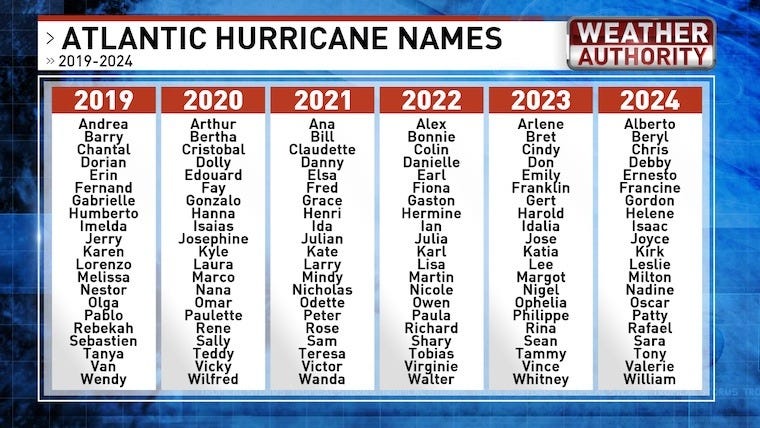
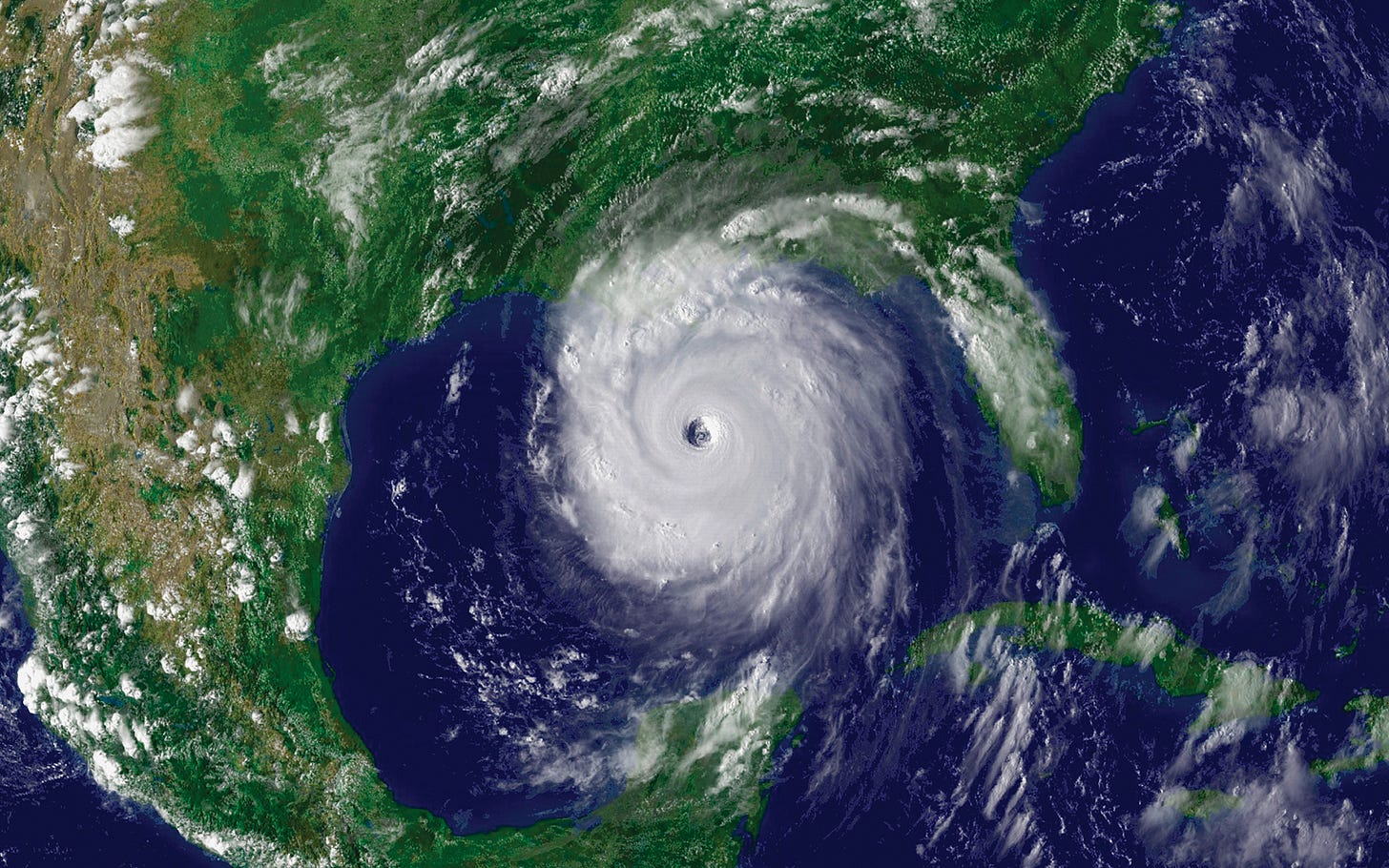
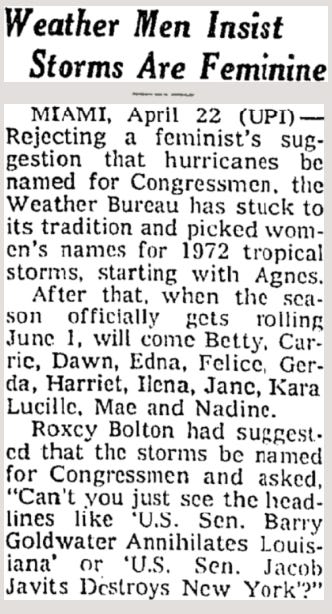

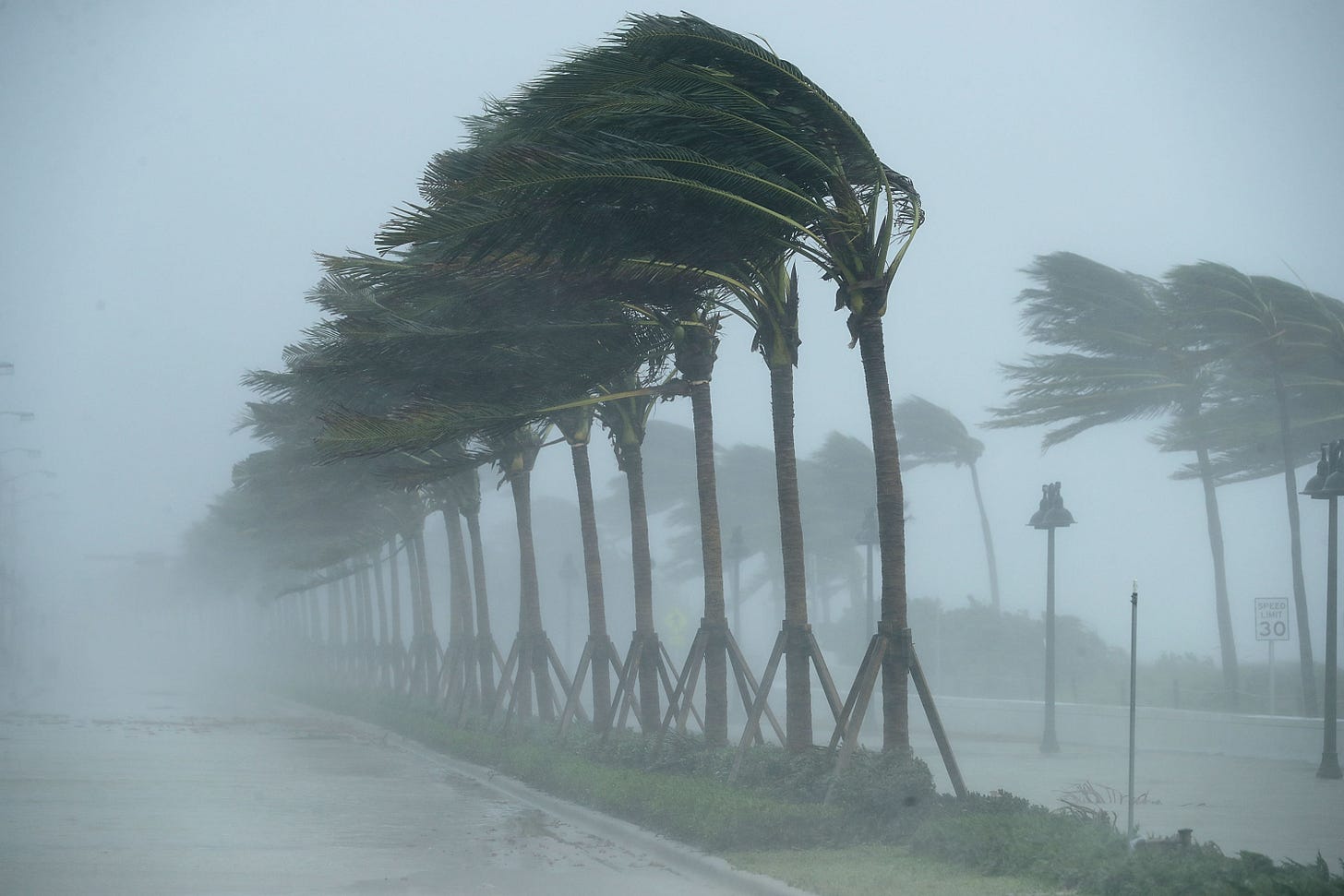



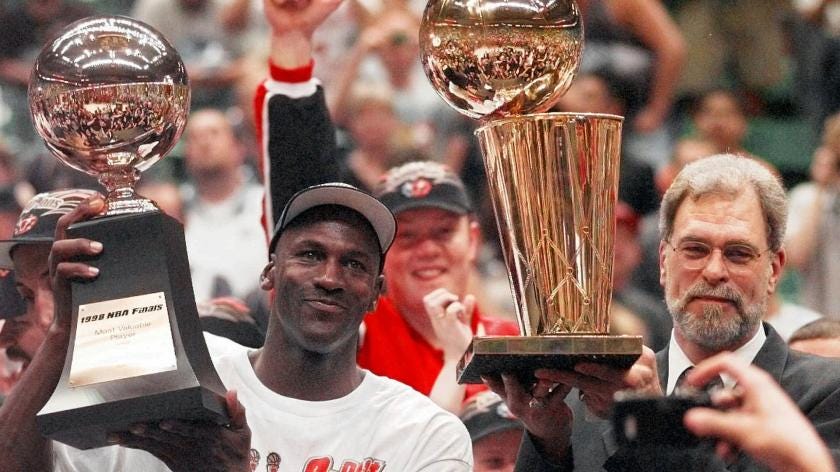
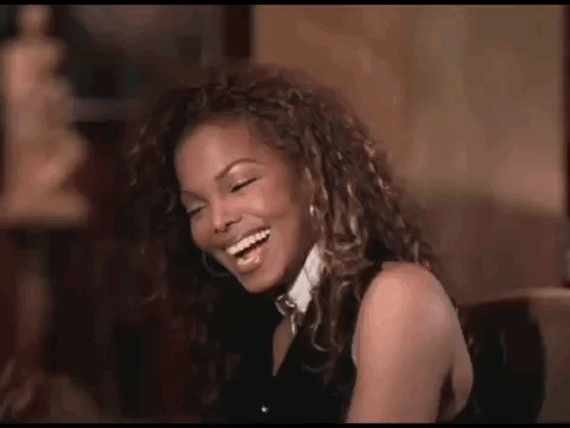




Share this post